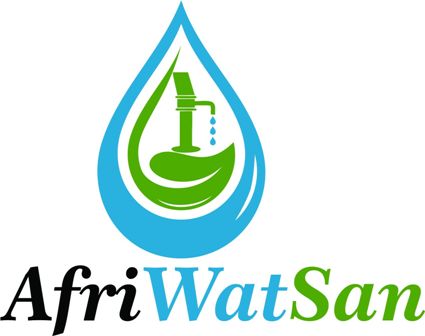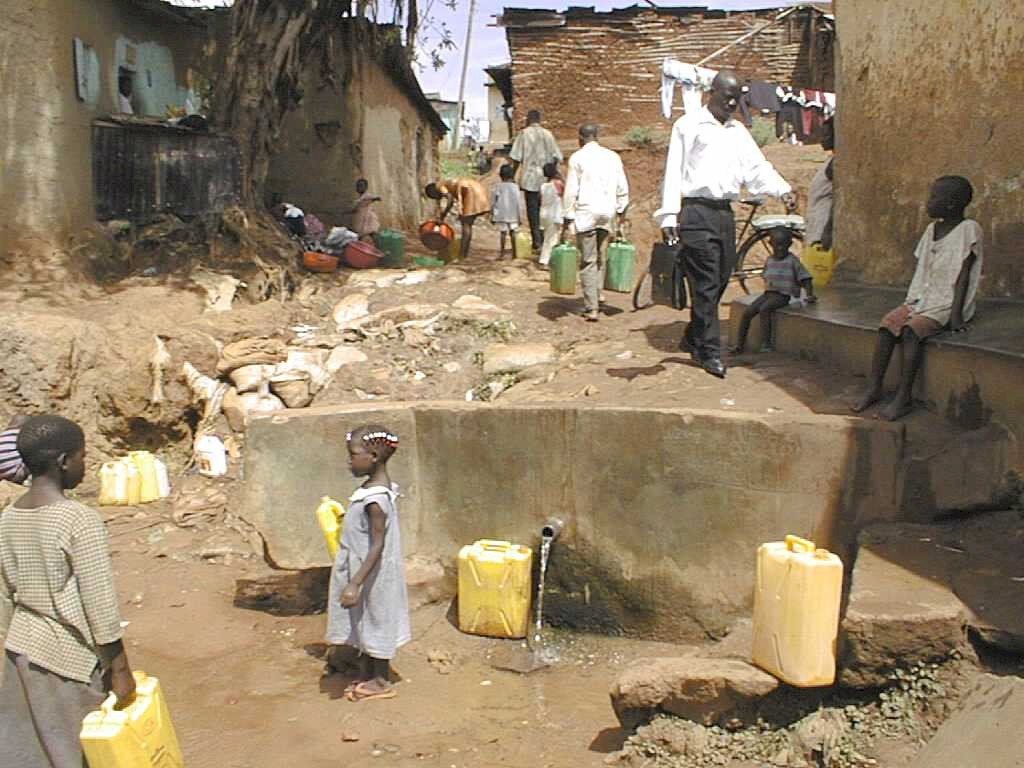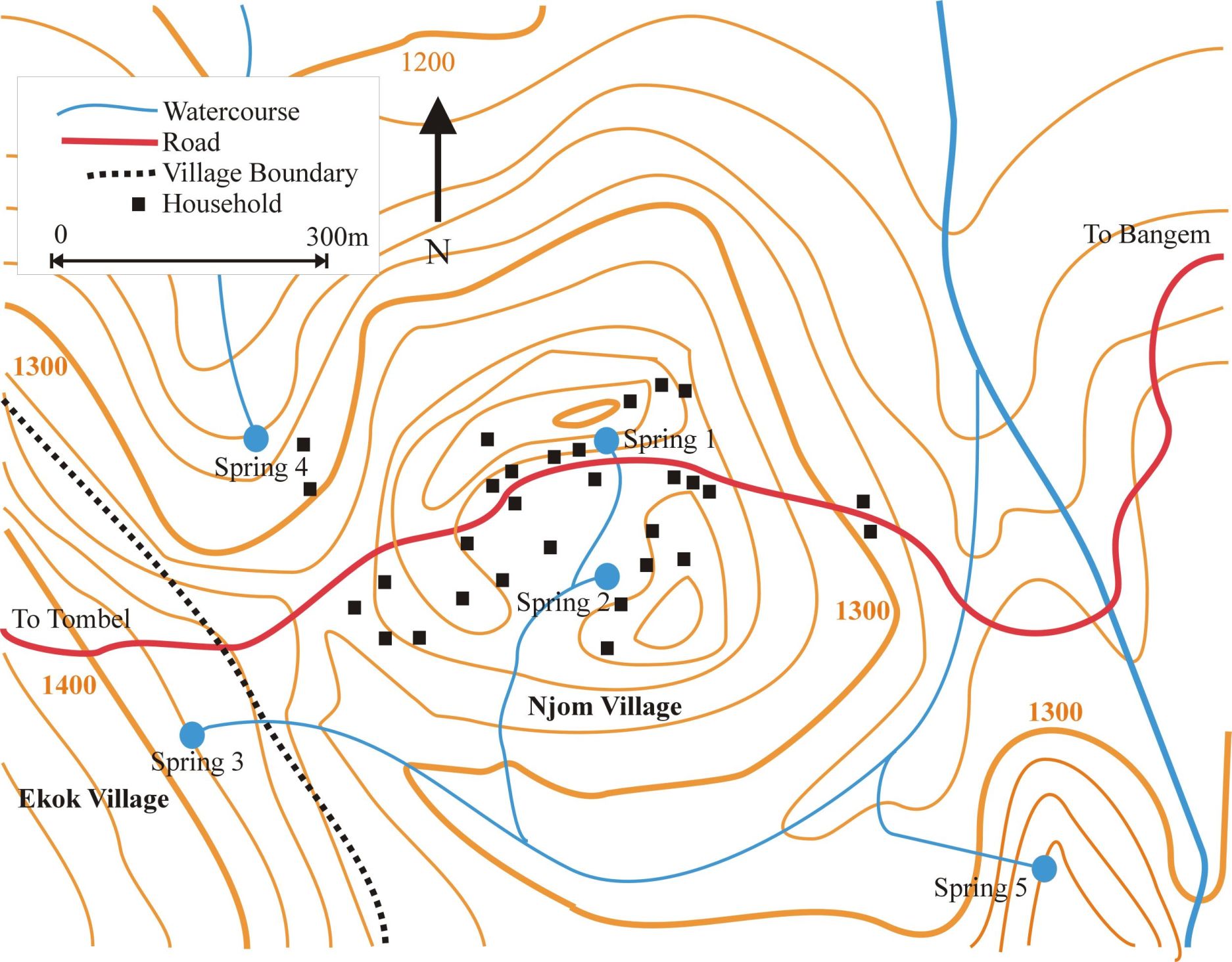The Project
AfriWatSan was a 7-year capacity-strengthening (2015-2021) and cross-disciplinary research collaboration tackling the fundamental challenge of sustaining low-cost water supply and sanitation systems that conjunctively use the subsurface as both a source of safe water and a repository for faecal waste.


